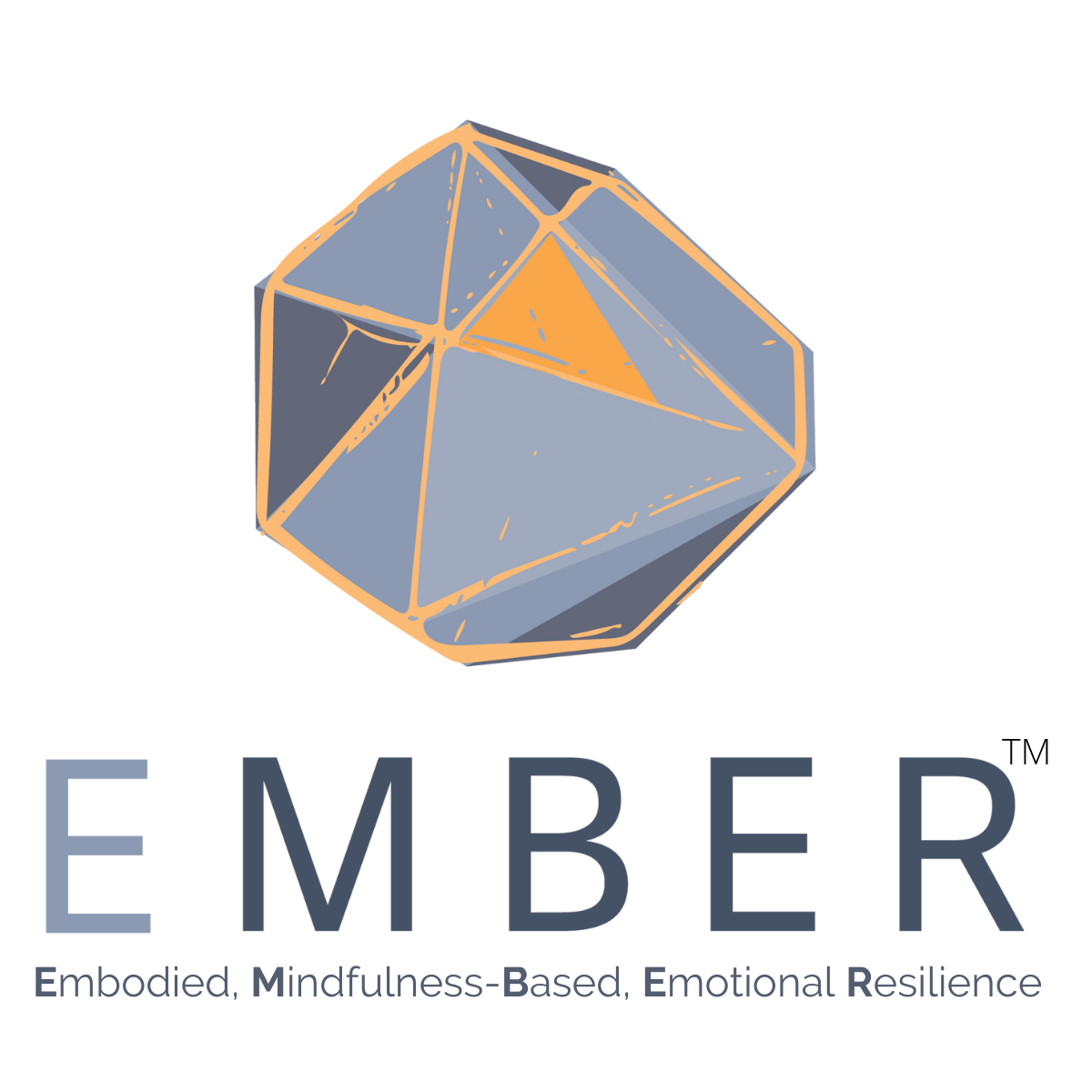Trauma Sensitive Teacher Training
EMBER Marketing Email Template
Click HERE
Please do not share this email template with those outside of this training :) Thanks!
additional ARTICLES & INFO:
Articles:
Yoga International - “Yoga as Healing for the Black Community”
“Getting Over the Emotional Trauma of COVID-19”
Student Perspective Blogs:
A Social Worker’s Review
Yoga and Triggers
A Survivor’s Experience
ACE QUIZ
Developmental Trauma: Adverse Childhood Experiences Quiz HERE (ACE)
“Higher ACE scores were strongly correlated with greater incidence of the ten leading causes of death in the US…ACE scores were powerfully related to smoking, obesity, alcoholism, risky sexual behavior and injection drug use. ACE scores were also by far the most powerful predictors of clinical depression and suicidal behavior.” (Herman, 258)
- Women are 50% more likely than men to have an ACE score of 5 or more.
- Women with an ACE score of 4 or more are almost 9 times more likely to become victims of rape and five times more likely to become victims of domestic violence than women with a score of zero.
“People with an ACE score of 4 are twice as likely to be smokers and seven times more likely to be alcoholic. Having an ACE of 4 increases the risk of emphysema or chronic bronchitis by nearly 400% and suicide by 1200 percent. People with high ACE scores are more likely to be violent, to have more marriages (and divorces”, more broken bones, more drug prescriptions, more depression and more autoimmune disease. People with an ACE score of 6 or higher are at risk of there lifespan being shortened by 20 years.” (ACE Too High 2017)
From “Nurturing Resilience by Kain & Terrell: ACES are common, nearly 2/3 of adults report at least 1. ACE’s generally don’t appear alone, if you have 1, there’s an 87% chance you have 2 or more. People with ACEs are at greater risk for chronic disease, mental illness, violence and being a victim of violence. “It is important to underscore the study’s findings that a higher ACE score points to greater risk of poor physical and mental health, and of facing negative social consequences later in life, not guarantee of those negative consequences occurring.”
Podcast
ADDITIONAL VIDEOS:
Brittny Manos, Opioid Addicted Youth
Adam Wetterhan, Men in Prisons
Research
Research Base for the EMBER Curriculum
On Epigenetics: BBC Article (excerpt follows)
”The second and third generation appeared to have not a fear of the scent itself, but a heightened sensitivity to it. The finding brings to light an often-missed subtlety of epigenetic inheritance – that the next generation doesn’t always show exactly the same trait that their parents developed. It is not that fear is being passed down the generations – it is that fear of a scent in one generation leads to sensitivity to the same scent in the next.
“So this is not ‘apples for apples’,” says Brian Dias, author of the study and a researcher at Emory University and the Yerkes National Primate Research Center in the US. Even the term “inheritance” should be qualified here, he adds. “The word inheritance suggests it has to be a faithful representation of a trait that’s passed down.”
The consequences of passing down the effects of trauma are huge, even if they are subtly altered between generations. It would change the way we view how our lives in the context of our parents’ experience, influencing our physiology and even our mental health.”
Additional Interesting Research related to yoga/mindfulness and PTSD/Trauma
A Pilot Study of a Randomized Controlled Trial of Yoga as an Intervention for PTSD Symptoms in Women
Yoga for Adult Women with Chronic PTSD: A Long-Term Follow-Up Study
Mindfulness-based yoga intervention for women with depression
Yoga as an Adjunctive Treatment for Posttraumatic Stress Disorder: A Randomized Controlled Trial






